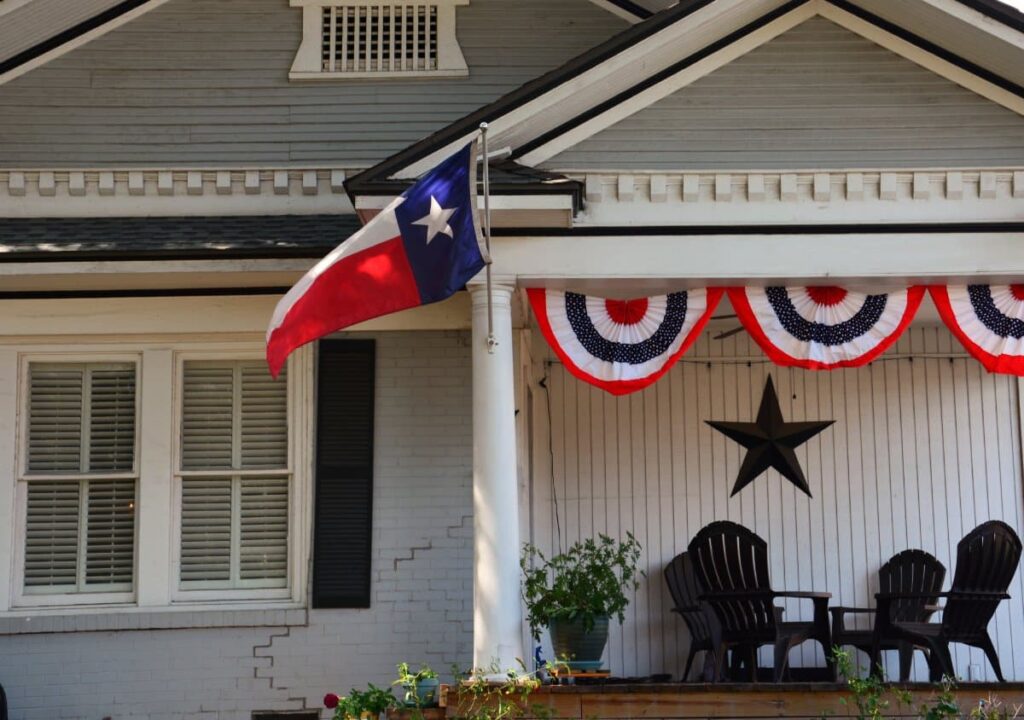
Recent Articles
Hey, fellow traveler, let’s get real for a second. Dreaming of a US adventure without emptying your wallet? I’ve been[..]
More and more Americans are struggling to make ends meet and having to make serious decisions about seeking medical help,[..]
At the start of 2024, the U.S. grappled with economic expansion and strong job growth but unexpectedly high inflation. This[..]
In a world filled with stress and anxiety, exploring how different cultures tackle these challenges can offer valuable insights for[..]
Imagine walking into your home and feeling a sense of tranquility wash over you, rather than being overwhelmed by clutter[..]
As the global community grapples with climate change, renewable energy has surged to the forefront of economic, environmental, and policy[..]
In the wake of personal upheavals like a divorce, career setbacks, or the ongoing challenges of a post-COVID world, many[..]
As the Baby Boomer generation edges into retirement, the strain on pension systems is becoming palpable. Which states are equipped[..]
The president of one of California’s favorite burger chains has spoken out about the recent state minimum wage increase. In-N-Out[..]
TRENDING NOW
The U.S. is poised on the brink of a major labor shift. The Biden administration is set to unveil a rule that could transform how gig economy workers are classified, impacting millions and stirring up a mix of reactions across various industries. A Groundbreaking Rule The Biden administration is about[..]
TRENDING NOW
YOUR MONEY,
CAREER & EDUCATION,
BETTER LIVING,
INVESTING
Whether you’re looking to invest smarter, save better, or simply stay in the know about money matters, we’ve got you covered. Join our community of savvy individuals and let’s journey together towards financial success and a brighter future.
With Wealthy Living by your side, achieving your financial goals has never been easier. wealth


ABOUT US
At Wealthy Living, we’re all about making money management and wealth growth a breeze. We provide practical advice, insightful tips, and the latest trends in personal finance, all delivered in a friendly and approachable way.
Whether you’re looking to invest smarter, save better, or simply stay in the know about money matters, we’ve got you covered. Join our community of savvy individuals and let’s journey together towards financial success and a brighter future.
With Wealthy Living by your side, achieving your financial goals has never been easier.

























